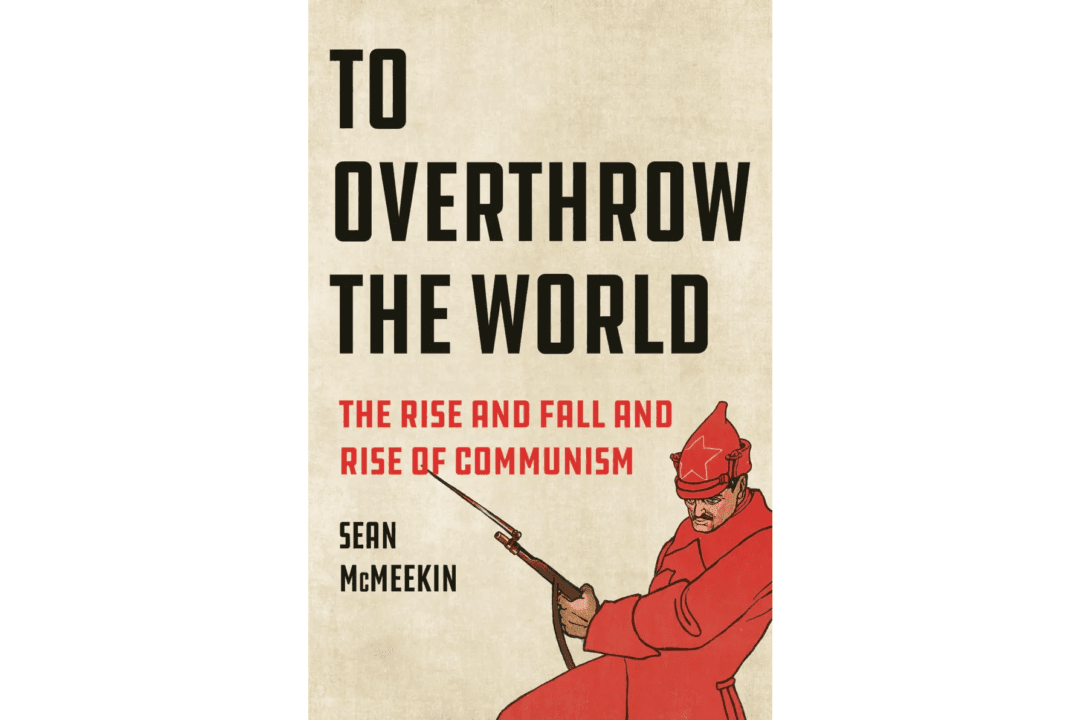Rarely does a historian’s account of a socioeconomic or political phenomenon hold the interest of contemporary readers. In that sense, Sean McMeekin’s book “To Overthrow the World: The Rise and Fall and Rise of Communism” is rare. Why? It closes gaps in knowledge and understanding, busts myths, and offers context still missing in popular readings of communism and the epoch-defining events it straddled in the 19th, 20th, and 21st centuries.
In surgical parlance, a recurring cancer can be of three kinds: local, if it reappears in the site of the anatomy first infected; regional, if it reappears near that site; or distant or metastatic, if it attacks an entirely new area. McMeekin dons the garb of a sort of social oncologist.





